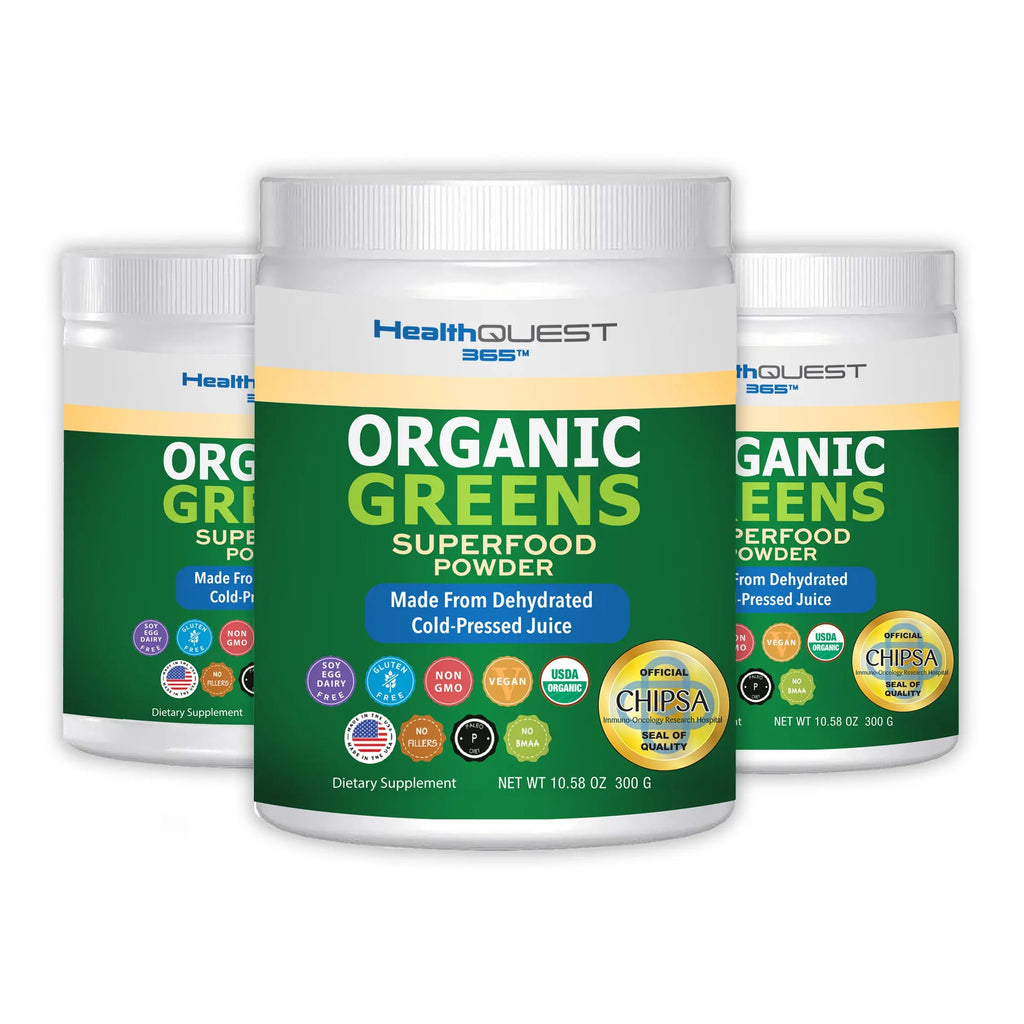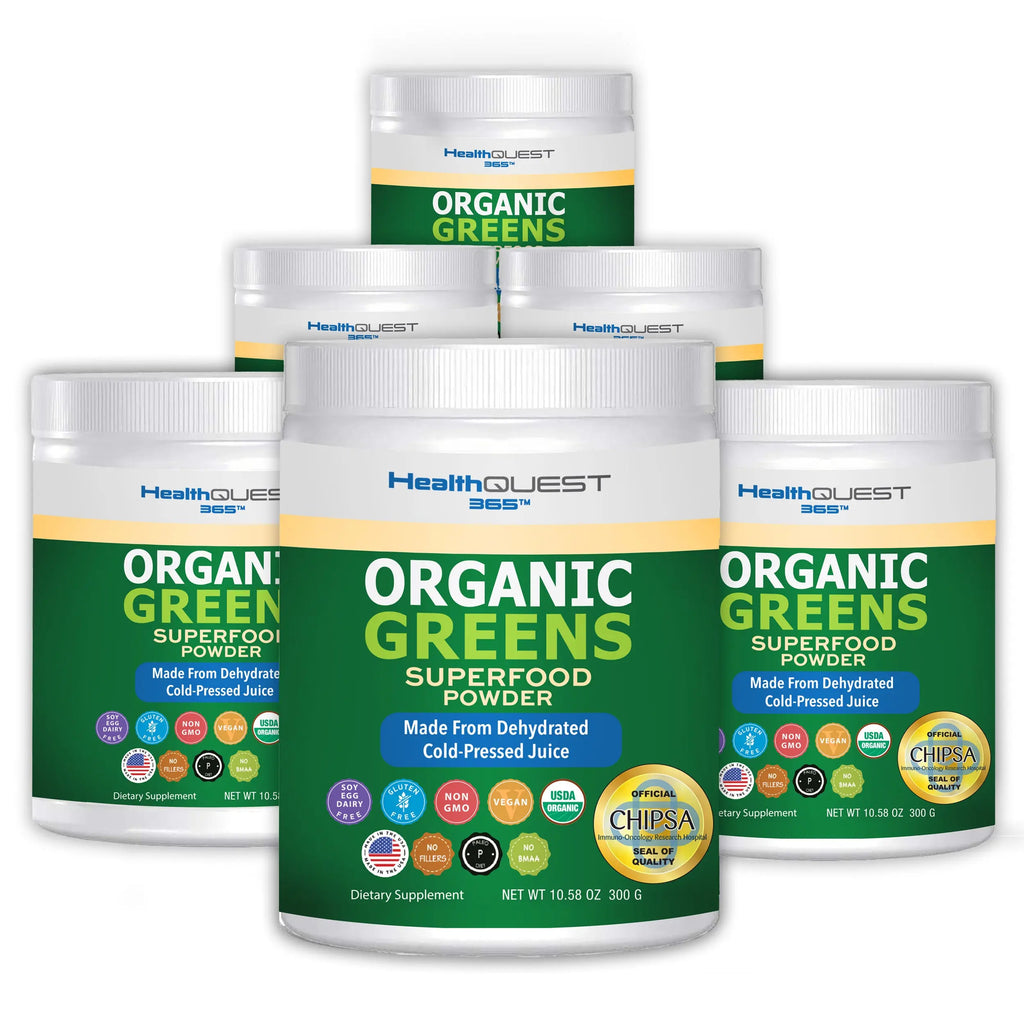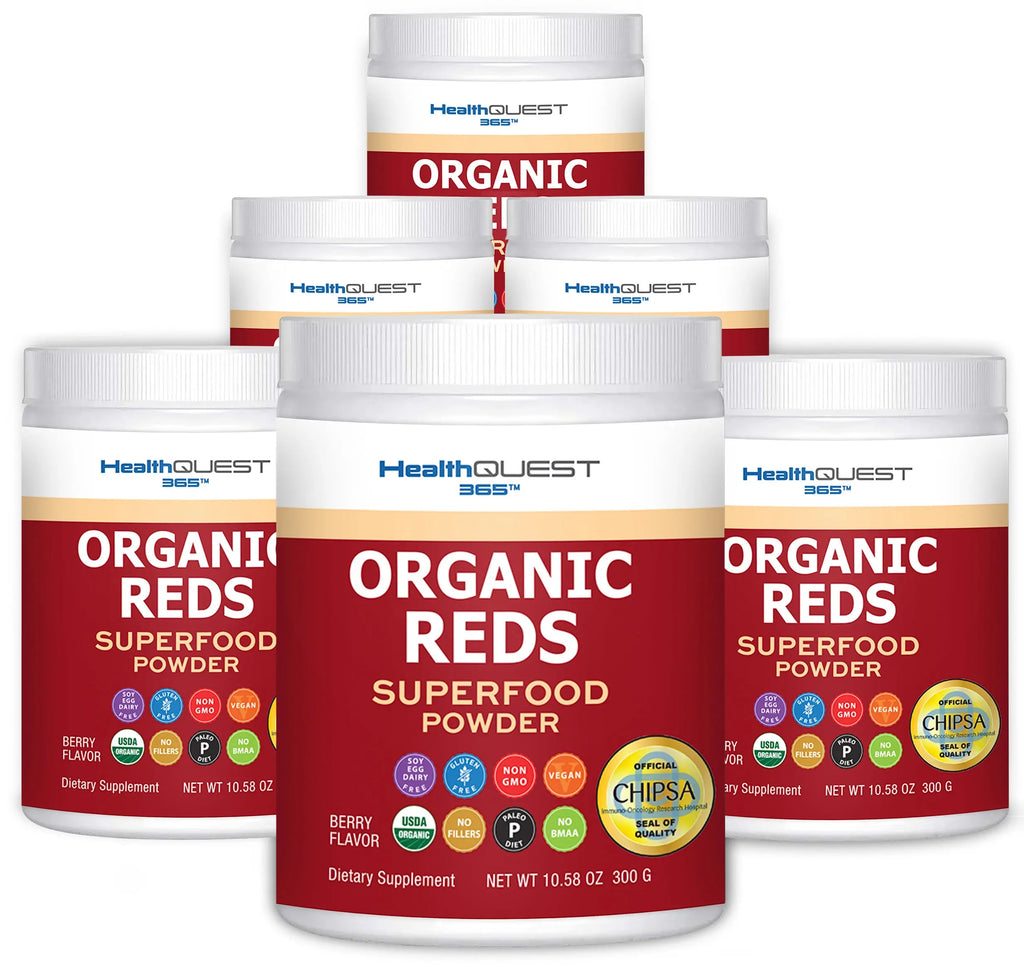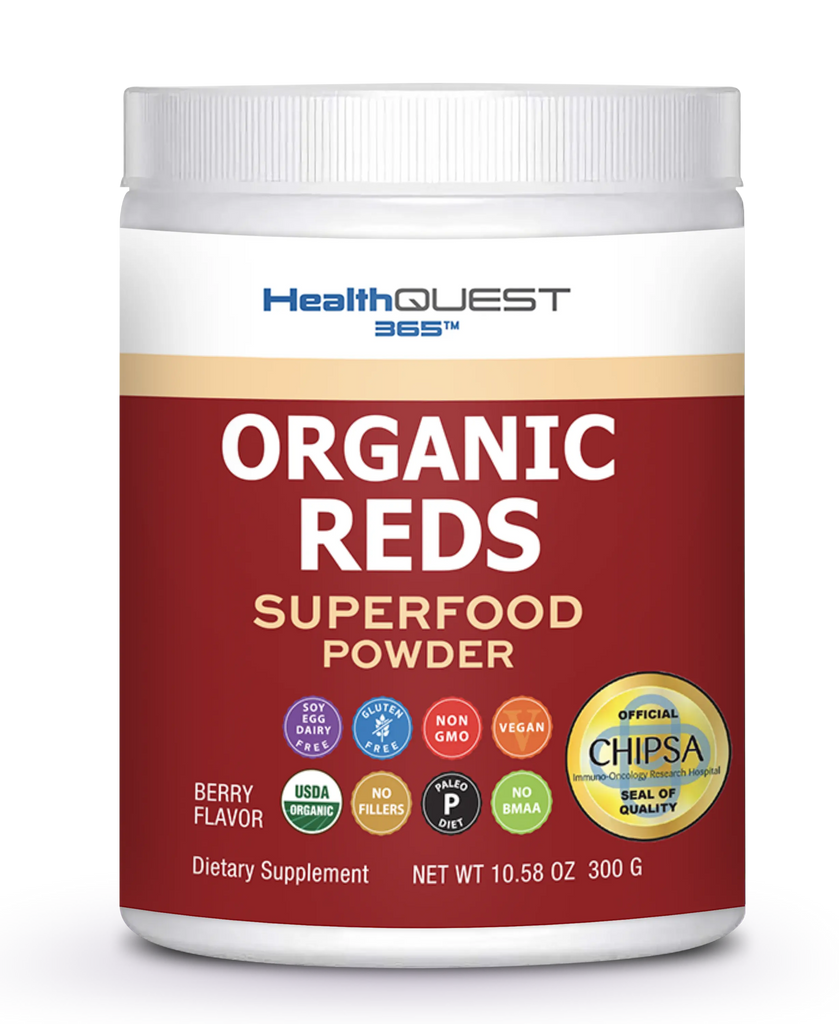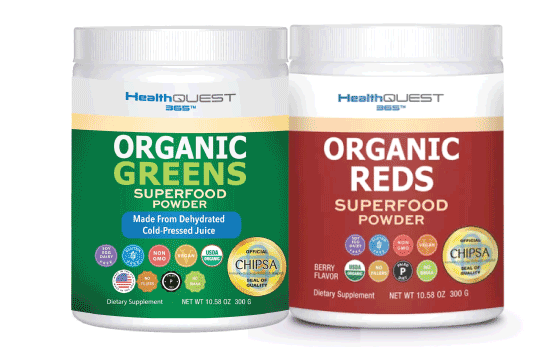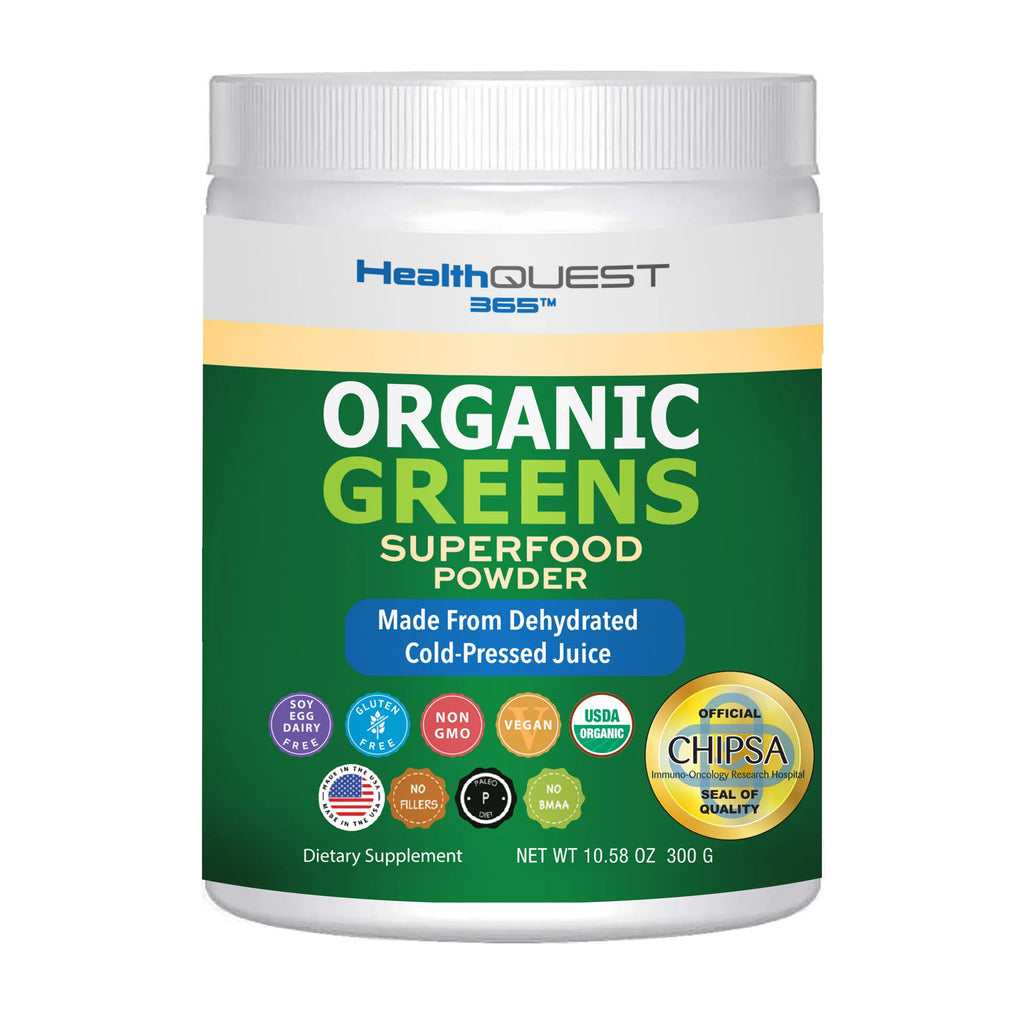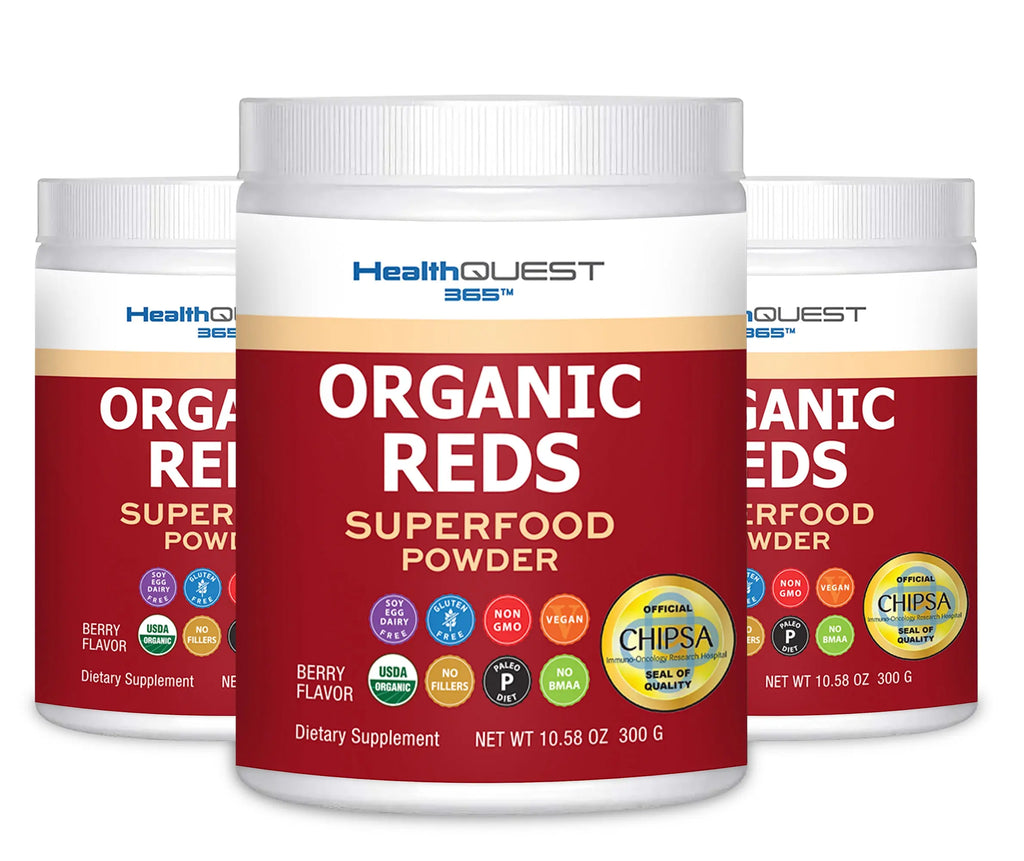It’s about health. It’s about healthy lifestyle. It’s about family™

Revolutionary Nutrition Secrets Olympians Don't Want You to Know
Just as a car cannot run without the right fuel, the athlete's body can't perform optimally without a sufficient intake of the right nutrients.
Nutrition is the backbone of athletic performance. A well-structured diet aids in enhancing muscle strength, cardiovascular capacity, and overall endurance, helping athletes recover efficiently and stay injury-free. But, where do you start when planning a diet that fuels your athletic pursuits ?
To kick off, it's essential to understand the three macronutrients - Carbohydrates, Proteins, and Fats. Yes, carbs are not the enemy; they're necessary for fuel. Proteins aid in muscle repair and recovery, whereas healthy fats provide long-lasting energy.

NUTRITION PLANNING FOR ATHLETES
Since nutrition is significant to athletes, meal planning is a no-brainer.
MEAL PLANNING FOR TRAINING AND PERFORMANCE
Think of your body as a sports car. High-quality fuel ensures top performance and longevity. Superlative nutrition should integrate:
-
High-quality protein sources
-
A balance of low and high GI carbs
-
Fresh fruits and veggies for vitamins, fibers, and minerals
KEEPING HYDRATED: WHAT TO DRINK AND WHEN
Water is a nutrient that often gets overlooked. However, hydration is as crucial as food in athletic performance. So be sure to hydrate before, during, and post-exercise.
SPECIFIC NUTRITIONAL NEEDS OF ATHLETES
There are essential nutrients that everyone needs. However, some athletes may require more of other nutrients that are specific to their sports.
THE HIGH INTENSITY ATHLETES
Consume plenty of carbohydrates along with moderate proteins and healthy fats. Hydrating with fluids that contain electrolytes is paramount to compensate for the rapid loss of salts during the workout.
THE ENDURANCE ATHLETE
Endurance athletes require ample carbohydrates for glycogen stores and should aim for lean protein sources for muscle recovery post-exercise. Hydrating diligently is essential to avoid dehydration during prolonged activities.
RELEVANT LINKS

Give You ALL Our Best Workbooks
Get all the Best Workbooks + Action Guides from our expert
DIETARY SUPPLEMENTS FOR ATHLETES
Athletes often turn to dietary supplements to enhance their performance and recovery.
EXPLORING COMMON SUPPLEMENTS
Here are some commonly used supplements:
CREATINE
One of the most researched supplements, creatine is known to enhance strength, power, and muscle mass.
PROTEIN
Essential for muscle repair and growth, protein supplements can help athletes meet elevated protein requirements.
B VITAMINS
They play a crucial role in energy production and red blood cell formation.
IRON
Iron is vital for oxygen transport and energy production.

BETA-ALANINE
This amino acid can help with muscle endurance during high-intensity exercises.
CAFFEINE
Known for its stimulant effect, caffeine can enhance alertness, focus, and potentially endurance performance.

FREE "Mystery Gift"?
Let me stay in touch with you via email and as a thank you - get this FREE gift.. Something others paid over $1,000 for.
(True story)

IMPORTANCE OF SAFE SUPPLEMENT USE
While supplements can bridge nutritional gaps or enhance performance, they should never replace a balanced diet. They also come with a potential risk of contamination.
Stick to products that have been independently tested and approved. Here's how to use supplements safely:
QUALITY AND CERTIFICATION
Always choose supplements that have been tested for safety and efficacy by a reputable third-party organization.
DOSAGE
Follow the recommended dosage guidelines. More isn't always better, and excessive intake can lead to harmful side effects.
PROFESSIONAL GUIDANCE
Consult with a healthcare provider or a sports nutritionist before starting any supplement regimen, especially if you have underlying health conditions.
FOOD FIRST APPROACH
Supplements should not replace a balanced diet. Aim to get most of your nutrients from whole foods and use supplements as an adjunct when necessary.
Remember, while supplements can offer benefits, they are not magic bullets. They should only be used as part of a comprehensive nutrition and training program.
COMMON NUTRITIONAL MISTAKES AND HOW TO AVOID THEM
Even athletes are not safe from common nutritional mistakes.
OVEREATING VS UNDEREATING: FINDING THE RIGHT BALANCE
Finding the right balance between overeating and undereating is crucial for athletes.
Overeating can lead to weight gain and health issues such as high blood pressure, diabetes, and heart disease. It may also affect an athlete's performance by making them feel sluggish or lethargic.
On the other hand, undereating can result in inadequate intake of essential nutrients needed for optimal performance and recovery. It can lead to:
-
Muscle loss
-
Weakened immunity
-
Reduced bone density
-
Hormonal imbalances
To strike the right balance, athletes should focus on consuming nutrient-dense foods. These should provide the necessary:
-
Macronutrients - proteins, carbs, and fats
-
Micronutrients - vitamins and minerals
THE RISKS OF UNREGULATED SUPPLEMENTS
The use of unregulated supplements poses several risks to athletes. First, these products may contain ingredients not listed on the label, including substances banned in sports, leading to unintentional doping violations.
Second, they might not deliver the promised benefits due to lack of standardization in formulation and dosage.
Third, unregulated supplements can cause harmful side effects. This includes:
-
Liver damage
-
Cardiovascular problems
-
Negative interactions with other medications or substances
Additionally, they may contain contaminants like heavy metals, pesticides, or harmful bacteria due to poor manufacturing practices.
Lastly, reliance on unregulated supplements can create a false sense of security. This can potentially lead athletes to neglect important aspects of training and nutrition.
Therefore, athletes should exercise caution when considering supplements. Prioritize food first for nutrition and consult with healthcare providers or sports nutritionists before starting any supplement regimen.

FINAL THOUGHTS
Nutrition is a pivotal aspect of athletic performance. The food we ingest affects not only our performance but also our health, energy, recovery, and mood. Remember, every athlete is unique; what works best for one might not work best for another.
Are you ready to boost your nutrition even more? If so, check out Health Quest 365's Organic Greens 365 and Organic Reds 365 today !
FREQUENTLY ASKED QUESTIONS
Athletes should aim for 1.2 to 1.7 grams of protein per kilogram of body weight each day.
Athletes should aim for half their body weight (lbs) in fluid ounces per day. For instance, a 160lb athlete should aim for 80 fl. oz. of water daily.
Yes, sports drinks that contain electrolytes can be beneficial, especially during long bouts of intense exercise.
No, nutritional needs can vary greatly depending on the sport, the intensity of the training, the athlete's goals, and individual metabolism.
No, supplements should not replace a balanced diet. They can, however, be used to enhance nutritional intake where necessary.
TRY AND SEE WHAT THESE CAN DO FOR YOU
... AND HE HATES VEGETABLES!
ORGANIC SUPER GREENS DRINK!
CHIPSA HOSPITAL CERTIFIED NUTRITION

CHIPSA Hospital, known as the original Gerson Hospital, was founded by Charlotte Gerson and Victor Ortuno in 1979.
CHIPSA is known as one of the leading integrative immuno-oncology treatment hospitals in the world.
CHIPSA Patients follow an Enhanced Gerson Protocol and drink 13 Cold Pressed Juices a day and 2oz of Organic Greens 365 daily.
*These statements have not been approved by the Food and Drug Administration. This product is not intended to diagnose, treat, cure, or prevent any disease.
The website's content and the product for sale is based upon the author's opinion and is provided solely on an "AS IS" and "AS AVAILABLE" basis. You should do your own research and confirm the information with other sources when searching for information regarding health issues and always review the information carefully with your professional health care provider before using any of the protocols presented on this website and/or in the product sold here.
Neither Health Quest 365 LLC. nor the author are engaged in rendering medical or similar professional services or advice via this website or in the product, and the information provided is not intended to replace medical advice offered by a physician or other licensed healthcare provider.

